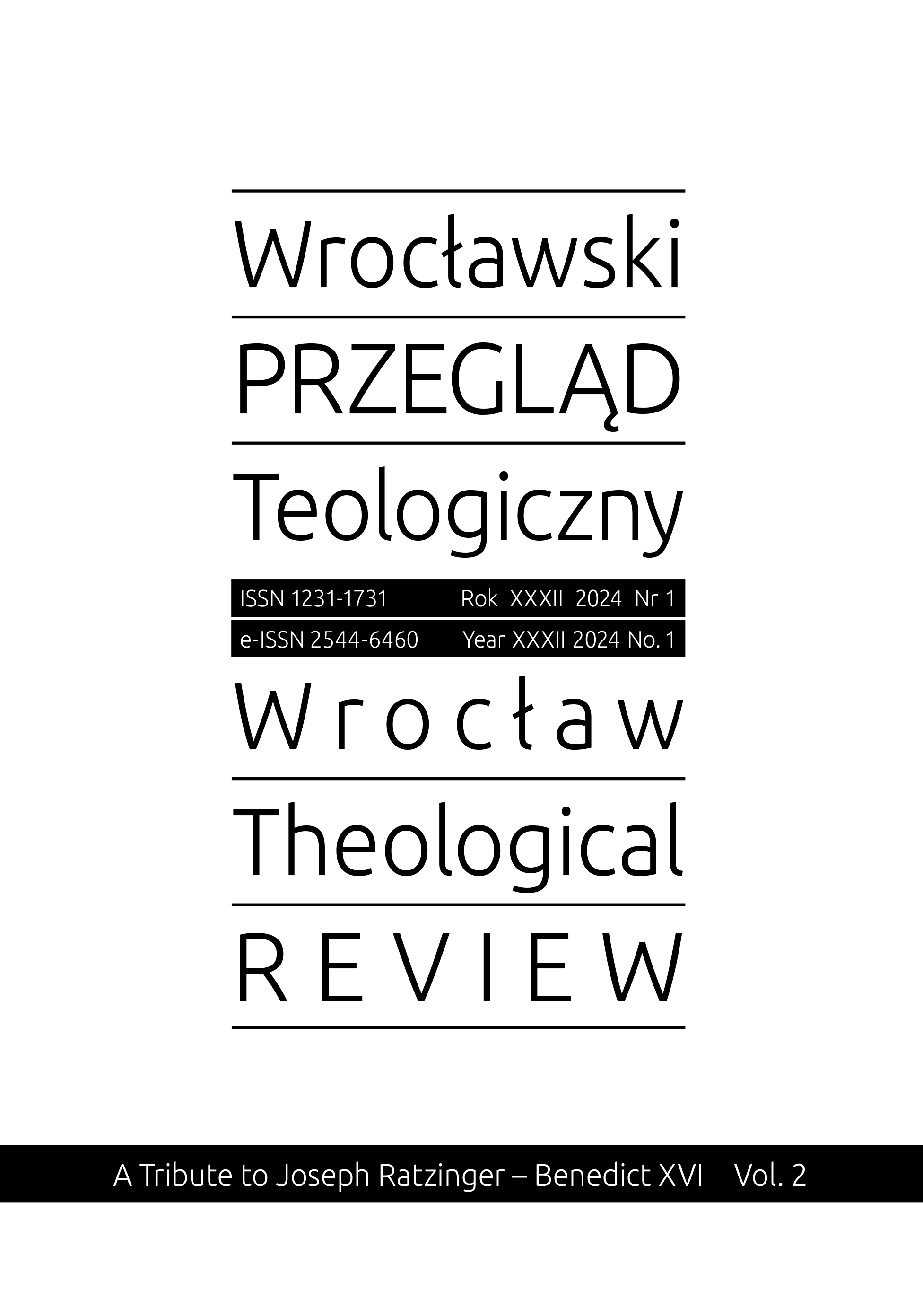Is Pope Francis a Freemason? This question has sparked debates and discussions across the globe, with some conspiracy theories suggesting that the leader of the Catholic Church might have ties to the secretive organization. However, such claims are not only baseless but also rooted in misunderstandings about both the Catholic Church's teachings and the nature of Freemasonry itself.
Debunking myths and unveiling the truth behind this controversy requires an examination of historical facts and official statements from the Vatican. The Catholic Church has long maintained its stance against Freemasonry, as the two organizations fundamentally differ in their beliefs and practices. This article explores the history of the relationship between the Catholic Church and Freemasonry, addressing recent developments and clarifying misconceptions.
The Historical Context of Catholicism and Freemasonry
The origins of the Catholic Church's opposition to Freemasonry date back to the 18th century when Pope Clement XII issued the papal bull In Eminenti Apostolatus Specula in 1738. This document officially banned Catholics from joining Masonic lodges, citing concerns over the secrecy and potential anti-Christian ideologies associated with Freemasonry. Since then, numerous popes have reiterated this prohibition, reinforcing the Church's position through various decrees and documents.
In modern times, the Church continues to uphold this ban, emphasizing the incompatibility between Catholic doctrine and Masonic principles. Despite occasional calls for dialogue or understanding, the core issue remains unresolved due to fundamental differences in theology and ethics. For instance, while Freemasonry promotes ideals like freedom, equality, and fraternity, these concepts often conflict with traditional Catholic values centered on faith, morality, and divine authority.
It is essential to recognize that the Church's stance does not stem from fear or hostility but rather from a commitment to preserving its doctrinal integrity. By maintaining this prohibition, the Church seeks to safeguard its members from potentially harmful influences that could undermine their spiritual well-being.
Dialogue Amidst Disagreement
Despite the longstanding ban, there have been instances where certain figures within the Church expressed openness toward engaging in dialogue with Freemasons. One notable example occurred recently when Cardinal Francesco Coccopalmiero reportedly suggested the possibility of fostering mutual understanding between the two groups. His remarks followed a private meeting in Milan, where he acknowledged the evolution of relations over the past five decades.
However, such gestures should not be misinterpreted as endorsements or changes in official policy. The Vatican quickly clarified its position by reiterating the existing prohibition through a statement issued by the Dicastery for the Doctrine of the Faith. Approved by Pope Francis himself, this reaffirmation underscores the Church's unwavering commitment to upholding its traditional stance on Freemasonry.
Bishop Staglianò further emphasized that any perceived shift in attitude must be understood within the broader context of interfaith dialogue and ecumenical efforts. While the Church remains open to constructive conversations with other religious traditions, it will not compromise its core beliefs or lift the ban on Masonic membership without substantial theological justification.
Official Reaffirmation of the Ban
In response to inquiries from a Filipino bishop, the Dicastery for the Doctrine of the Faith formally confirmed the continued prohibition against Catholics joining Masonic lodges. Signed by Cardinal Victor Fernandéz and endorsed by Pope Francis, this document serves as a clear reminder of the Church's consistent teaching on the matter. It highlights the importance of adhering to established doctrines amidst evolving social dynamics.
For many Catholics, this reaffirmation provides clarity and reassurance regarding their spiritual obligations. At the same time, it challenges those who entertain doubts or spread misinformation about the Pope's alleged connections to Freemasonry. By issuing such statements, the Vatican aims to dispel rumors and reinforce trust among its followers.
Ultimately, the decision to maintain the ban reflects the Church's dedication to preserving its identity and mission. As global challenges continue to emerge, the Catholic Church strives to navigate complex issues while staying true to its foundational principles. In doing so, it sets an example of steadfastness and integrity for all believers worldwide.
Freemasonry's Perspective on Pope Francis
Interestingly, some Freemasonic organizations have publicly praised Pope Francis for his progressive approach to social justice and human rights. The Grand Lodge of Italy, for example, commended the pontiff's emphasis on freedom, equality, and fraternity—values they claim align closely with their own ethos. Such endorsements highlight the shared aspirations of promoting peace, unity, and compassion in today's fractured world.
Nevertheless, these positive sentiments do not alter the fact that the Catholic Church and Freemasonry remain distinct entities with differing priorities. While both advocate for humanitarian causes, their methods and motivations diverge significantly. Therefore, any overlap in ideals should not be mistaken for convergence or collaboration between the two groups.
Moreover, recognizing common ground does not imply endorsement or approval from either side. Instead, it demonstrates the universal appeal of certain virtues transcending religious boundaries. As such, appreciating these shared values can foster greater respect and cooperation among diverse communities without compromising individual identities.
Addressing Misinformation About Pope Francis
Throughout his papacy, Pope Francis has faced numerous accusations and allegations, including unfounded claims linking him to Freemasonry. These dubious suspicions often arise from misunderstandings or deliberate attempts to discredit his leadership. To counteract such narratives, it is crucial to rely on credible sources and examine evidence objectively.
For instance, critics may point to specific actions or statements made by the Pope as evidence of hidden agendas. However, closer inspection reveals that these interpretations are frequently exaggerated or taken out of context. By focusing on verifiable facts and official communications, one can better discern truth from fiction in matters concerning the Vatican and its policies.
In conclusion, the myth surrounding Pope Francis' alleged association with Freemasonry lacks substance and contradicts established truths. Rather than succumbing to speculation, individuals should engage in thoughtful analysis grounded in reason and faith. Only then can we fully appreciate the complexities of contemporary religious discourse and contribute meaningfully to ongoing dialogues.

